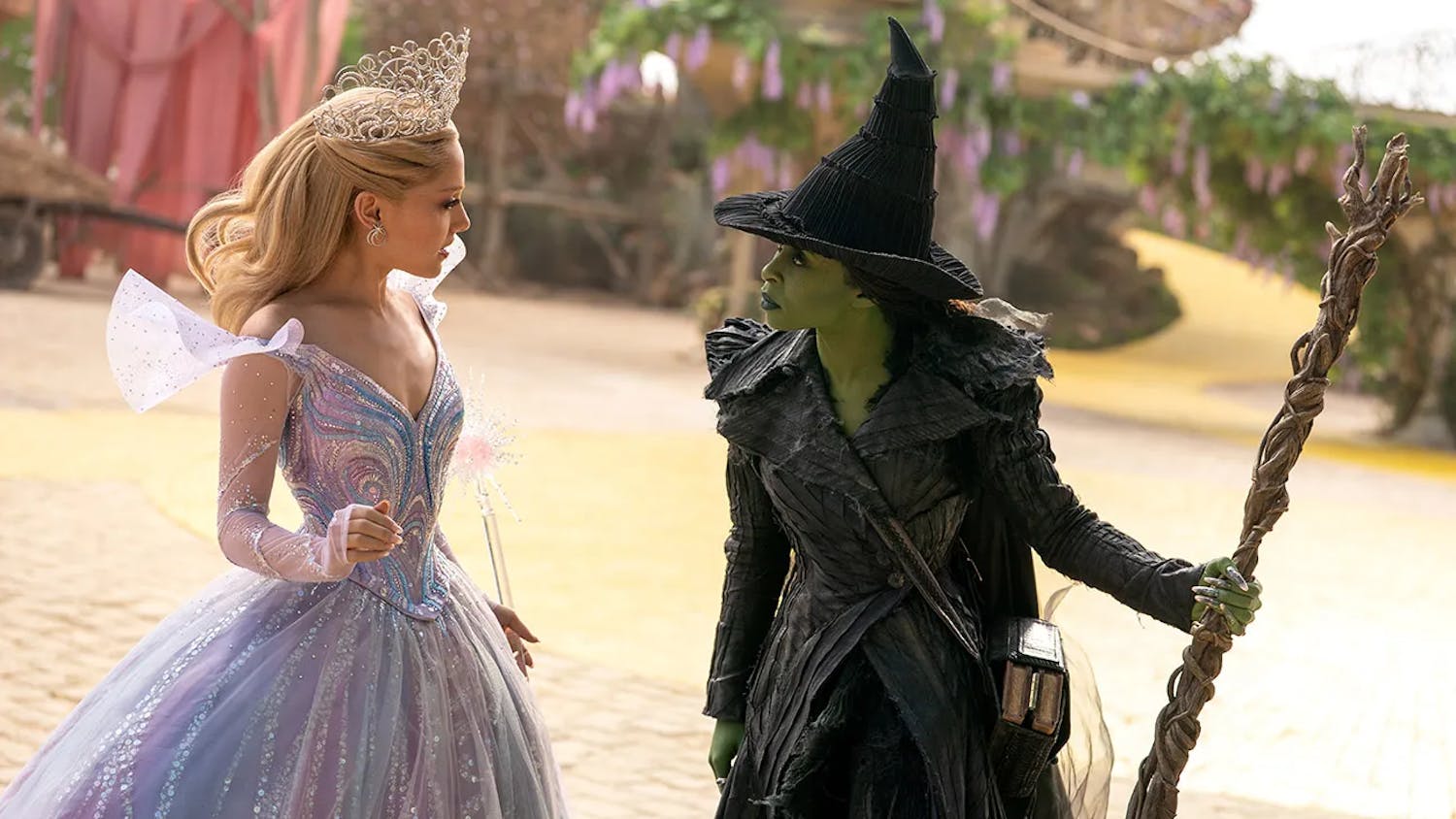“Lee Daniels’ The Butler” follows the fictitious, but historically studded story
of Cecil Gaines from his childhood of indentured servitude through his years
of service as a White House butler. He works under eight presidential administrations and, in a similar vein of “Forrest Gump,” seemingly influences the course of U.S. history.
The film, loosely based upon the real life story of
White House butler Eugene Allen, was another look how-far-we’ve-come film
released by Hollywood this summer.
Unlike its predecessors (which were arguably purely feel-good propaganda), this story did display an added
complexity to the African American disposition in the midst of the Civil Rights movement, showing the apprehension of the older generation to support the young radical youths pushing for equality.
Forest Whitaker is sure to receive an Oscar nod for his masterful portrayal of Cecil Gaines. Gaines is stoical by nature, a self-made man, dedicated to his profession of shining shoes, and mixing drinks, but perhaps most
importantly, entrusted to serve whilst matters of national security are being
discussed. By maintaining professionalism, dedication to craft, respect to loyalty and being an all around endearing guy, Cecil Gaines, as well as the rest of the black White House staff, slowly shift leadership’s opinion of
the black staff and, in turn, the plight of the African- American people.
On screen, Whitaker is primarily standing in corners of the oval office doing his service to the country by pretending he isn’t there, and yet his presence is. The real intrigue of the film though is the dichotomy between Cecil Gaines and his eldest son, Louis (David Oyelowo). Cecil came from practically nothing and worked tirelessly to make a comfortable living for himself and his family. Louis sees this comfort as weakness and is ashamed of his father. Admittedly, Cecil is portrayed as a watcher, not a changer, of history. In typical fatherly fashion, Cecil finds his son’s “antics”


as a Civil Rights activist as a direct assault on his way of being.
The fiery passion in Oyelowo's eyes as his character joins the Freedom
Riders from D.C. through the Deep South, is contrasted by the evident moral dilemma he faces as he later joins the more radical Black Panther movement.
And then, finally, he becomes an emphatic Mandela supporter. Oyelowo ought to receive recognition for his incredibly performance, but he will more than likely be overlooked by the Academy in favor of Oprah Winfrey’s proficient portrayal of the emotional Mrs. Gloria Gaines.
At the end of the film, the audience rose to their feetand applauded (in what seems like the first time since the 1920s). The first African-American president was elected, and Cecil Gaines recognizes the heroism of his son Louis.









